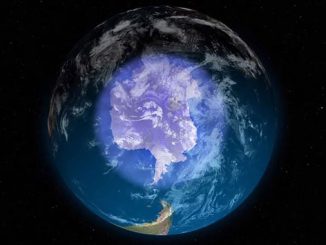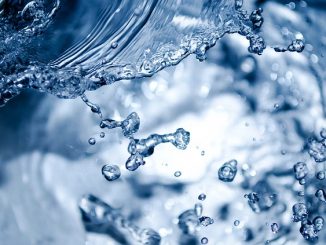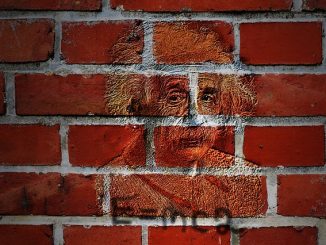
Since the time of Aristotle, scientists have believed that hot water freezes faster than cold water. That belief hasn’t changed. But so has the fact that until now, nobody can really explain why it is so.
This enigmatic phenomenon which has been baffling scientists for centuries is referred to as the ‘Mpemba Effect’, named after Tanzanian student Erasto Mpemba. As the story goes, Mpemba and his schoolmates frequently made their own ice cream by boiling milk, mixing in sugar, then letting the mixture cool down before putting it in the freezer. One fateful day, Mpemba’s eagerness got the best of him. Instead of waiting for his mixture to cool down, he immediately placed it in the freezer. And surprisingly, his hot ice cream mixture set faster than his schoolmates’ cold ice cream mix did.
In 1969, Mpemba, together with his physics professor, published a paper describing the phenomenon. And while everyone may have accepted the fact that hot water does freeze faster than cold water, the debate on how and why this is so is still raging.
Nobody can explain the phenomenon. What’s compounding the problem is that nobody can replicate it. Although there have been many attempts. In fact, there was even a competition run by the Royal Society of Chemistry in 2012 for the very purpose of explaining what is causing the Mpemba effect. 22,000 papers were submitted from 120 countries around the world. The prize was awarded to a chemistry research assistant from the University of Zagreb, Nikola Bregovic, whose experiments showed that it was probably convection which was causing the Mpemba effect — that the convection currents in warm water causes it to cool down faster. Bregovic may have won the prize, but his explanation was not convincing and foolproof enough for everybody to reach a consensus. And so the mystery remains.
In 2013, a team of scientists from the Nanyang Technological University in Singapore led by Xi Zhan published an alternative solution. According to them, the explanation lies in the behavior of hydrogen bonds and the strength of these bonds. As water warms, hydrogen bonds stretch and store energy. When the water is cooled, this stored energy is released. And it is released at a rate that’s dependent on its initial stored amount. So the hotter the water is, the higher the stored energy, and upon cooling, the faster it will release the stored energy. Which makes hot water lose more energy and freeze faster than cool water.
The explanation was feasible, but not all-encompassing, meaning, it won’t hold up when other conditions are introduced.
More than three years later, we have a new contender — a team of researchers from the Southern Methodist University in Dallas and Nanjing University in China. In their version that’s published in the Journal of Chemical Theory and Computation, it’s the nature of the hydrogen and oxygen bonds formed in water molecules that holds the key to explaining the Mpemba effect.
The theory begins with the premise that in cold water, strong and weak hydrogen bonds are present. But in warm water, strong bonds dominate. As water is heated, its weaker bonds break, causing molecules to form into fragments that are capable of realigning and forming the crystalline structure of ice, and starting the freezing process. For cold water, it takes longer for the process to begin because it has weaker bonds that need breaking. It’s another interesting theory, but it’s also one that needs further proof.
And so the puzzle of the Mpemba effect remains unsolved. While waiting for what other solutions other scientists can come up with, we can’t help but wonder – if Albert Einstein were still alive, could he have explained this phenomenon?
- Bulenox: Get 45% to 91% OFF ... Use Discount Code: UNO
- Risk Our Money Not Yours | Get 50% to 90% OFF ... Use Discount Code: MMBVBKSM
Disclaimer: This page contains affiliate links. If you choose to make a purchase after clicking a link, we may receive a commission at no additional cost to you. Thank you for your support!




There is no actually mystery. The problem with the answer is that the question is usually not well phrased. Hot milk cools faster in the freezer than milk left at room temperature until it cools off and then gets put in the freezer because the temperature gradient between hot milk and freezer is greater than that of hot milk and room air. The reason why, under the right conditions, that a boiling cup of water freezes faster than a room temperature cup is that part of its volume boils off, leaving less mass to have to cool down and more surface area exposed to the cold conditions.
Did you pick up your prize yet?
From a plumber: hot water pipes freeze before cold water pipes, hot water does not freeze before cold water. Heating water alters it(drives out oxygen?); the heated water cools to ambient; ambient drops to point previously heated water freezes before previously unheated water in cold water pipes. Just a bit colder and the cold water pipes also freeze. Happens everytime. Only question from real world: how does heating alter the water? Clue: water heater manual fine print warns of hydrogen gas build-up if water not drawn from tank for long time (month).